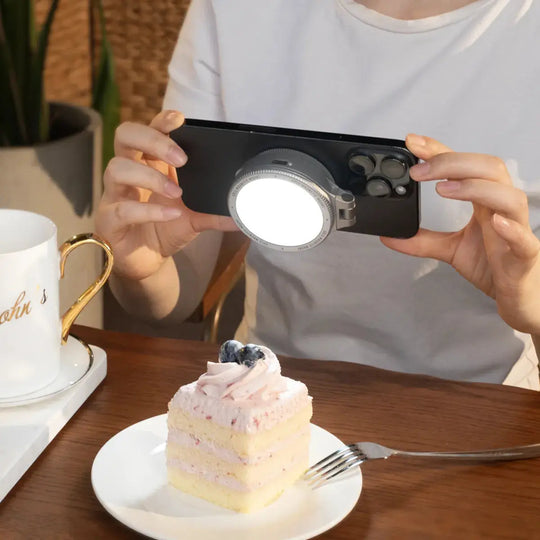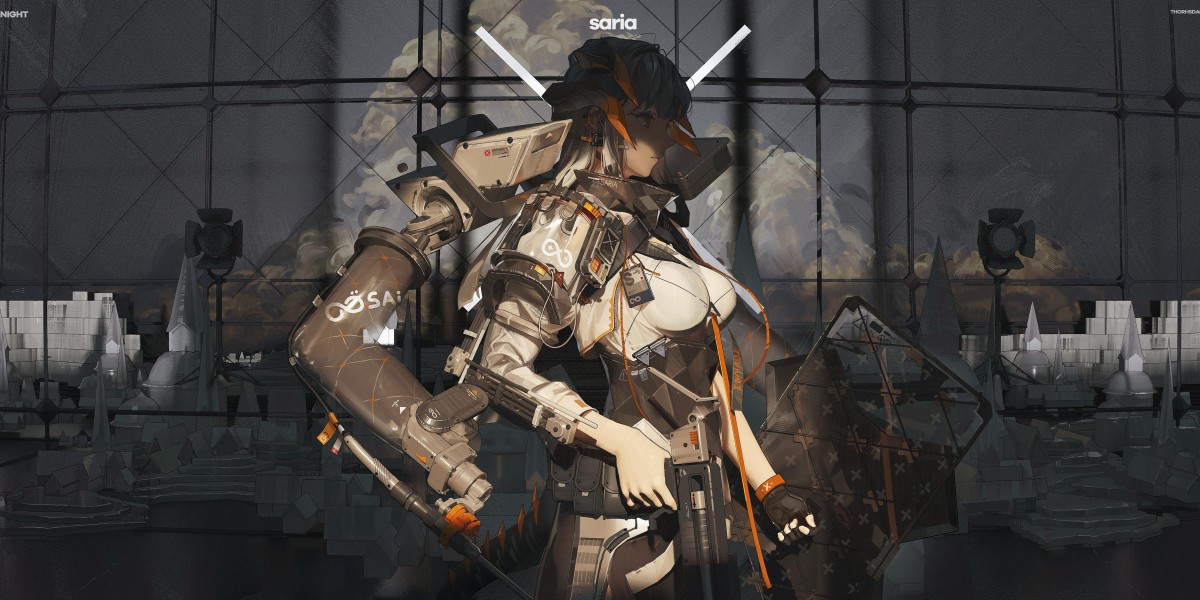Unlock the Secrets of Stunning Lighting Techniques for Your Content Creation Journey!
Lighting is one of the most crucial elements in content creation, often determining the overall quality and aesthetic of your visual projects. Whether you're shooting videos, taking photos, or streaming live, the right lighting can enhance your content, making it more appealing and engaging for your audience. In this article, we'll explore various lighting techniques that can elevate your content, focusing on natural and artificial sources, as well as advanced techniques that can bring your storytelling to life. By understanding these concepts, you'll be equipped to create visually stunning content that truly resonates with viewers.

Understanding the Basics of Lighting
To effectively utilize lighting in your content, it's essential to grasp the fundamental principles. The three main types of lighting are key light, fill light, and backlight. The key light is your primary light source, illuminating the subject and setting the overall mood. Fill light, on the other hand, is used to soften shadows created by the key light, providing balance and dimension. Lastly, backlight serves to separate the subject from the background, adding depth and a professional touch to your visuals. By skillfully combining these three types, you can create a three-dimensional look that captivates viewers and enhances your storytelling.
Natural Lighting Techniques
Natural lighting is a favorite among many content creators for its soft, flattering qualities. One of the main advantages is its availability; you can use sunlight as your primary light source without incurring additional costs. To effectively utilize natural light, consider the time of day. The golden hour—just after sunrise and before sunset—provides warm, diffused light that enhances visual aesthetics. Positioning your subject near windows or in shaded areas can help control direct sunlight, minimizing harsh shadows. Remember, experimenting with angles and distances can help you discover the perfect natural lighting setup for your specific content style.
Artificial Lighting Techniques
While natural light is fantastic, relying solely on it can be limiting. This is where artificial lighting comes into play. Options like softboxes, ring lights, and LED panels provide versatility and control over your lighting setup. Softboxes diffuse light, reducing harsh shadows and creating a soft glow that is flattering for portraits. Ring lights, popular among beauty and lifestyle creators, provide even illumination and a signature catchlight in the subject's eyes. LED panels are highly adaptable, allowing you to adjust brightness and color temperature to match your desired look. Setting them up correctly—ensuring they're positioned at the right angle and distance—will maximize their effectiveness and enhance your content's quality.
Advanced Lighting Techniques
If you're ready to take your lighting skills to the next level, consider exploring advanced techniques such as three-point lighting, high-key, and low-key lighting. Three-point lighting involves using a key light, fill light, and backlight to create a balanced and professional look. High-key lighting, characterized by bright, even illumination, is often used in upbeat content, while low-key lighting creates dramatic shadows and depth, perfect for storytelling in darker themes. These techniques can significantly impact the mood and tone of your content, allowing you to convey emotions more effectively and engage your audience on a deeper level.
Common Mistakes to Avoid
Even seasoned content creators can fall into common lighting traps that compromise their work. One of the biggest mistakes is overexposing or underexposing your shots, which can lead to loss of detail. To avoid this, always check your lighting setup and adjust accordingly. Additionally, many creators neglect the importance of diffusion; harsh lights can create unflattering shadows. Investing in diffusers or softboxes can help mitigate this issue. Lastly, failing to consider the color temperature of your lights can result in unnatural skin tones. By being mindful of these pitfalls, you can elevate the quality of your production and create more polished content.
Mastering Lighting Techniques for Content Creation
In summary, mastering lighting techniques is essential for any content creator looking to enhance their visual storytelling. From understanding the basics of key, fill, and backlight to experimenting with natural and artificial lighting, the possibilities are endless. Don't shy away from trying advanced methods like three-point lighting or exploring different lighting conditions to find what resonates with your style. Remember, practice makes perfect—so grab your camera and start experimenting with various lighting techniques to discover what works best for your content creation journey!








